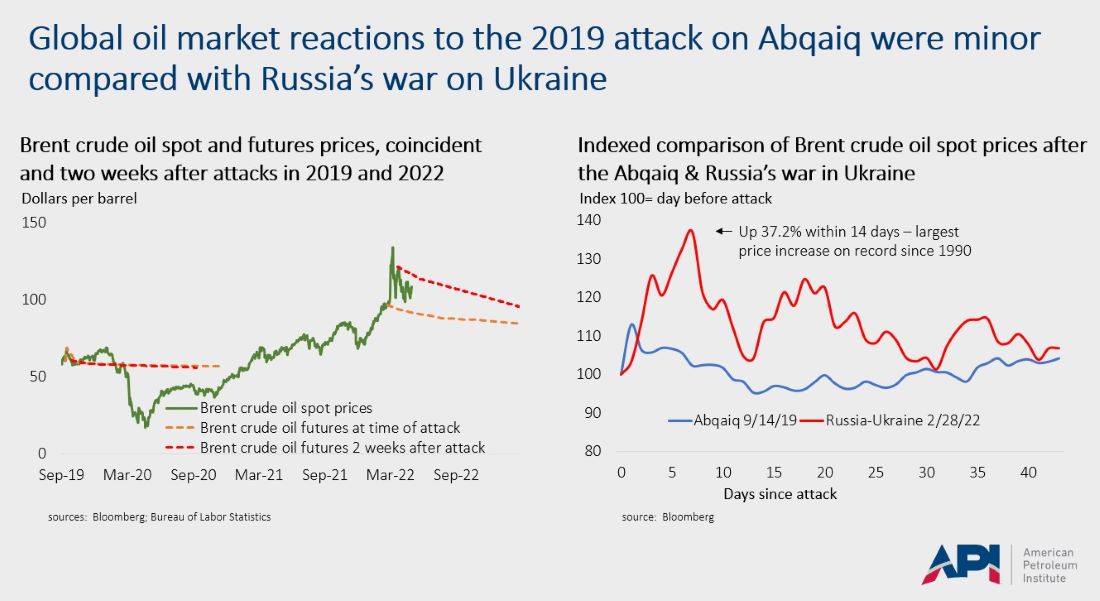Oil prices staged a comeback on Tuesday after a brief dip last week, fueled by renewed worries about conflict in the Middle East. The recent attack on a vessel in the Red Sea and reports of Israeli military advancements in the region sent tremors through the oil market, prompting investors to hedge their bets by pushing prices higher.
This price increase follows a period of relative stability, with some analysts even predicting a potential decrease due to factors like rising interest rates and a potential economic slowdown. However, the simmering tensions in the Middle East, a region that accounts for a significant portion of global oil production, have proven to be a potent counterweight.
The specific cause for the latest surge appears to be the attack on a ship in the Red Sea, a crucial waterway for oil transportation. While details remain murky, the incident has heightened concerns about potential disruptions to global oil supplies. Additionally, reports of Israeli military movements near the Gaza border have further stoked fears of a wider escalation in the region.
The oil market is particularly sensitive to geopolitical instability in the Middle East, with a long history of conflicts disrupting production and driving prices upwards. This vulnerability is exacerbated by the current tight supply situation, where major producers like OPEC have limited output increases. The combination of these factors creates a volatile environment where even minor events can have a significant impact on oil prices.
The recent price rebound is a reminder of the delicate balance between global oil demand and supply. While economic factors can influence oil prices, geopolitical tensions can quickly disrupt these dynamics. As the situation in the Middle East continues to unfold, the oil market will be closely watching for any further developments that could impact production or transportation.
Analysts are divided on the potential long-term impact of the current tensions. Some believe that a full-blown conflict is unlikely and that prices will eventually stabilize. Others warn that a prolonged period of uncertainty could keep prices elevated for an extended period, potentially impacting consumer costs and economic growth.
The coming days and weeks will be crucial in determining the trajectory of oil prices. If tensions in the Middle East subside, the market could return to a more balanced state. However, if the situation escalates, oil prices could experience a more significant and sustained rise, with potential ramifications for the global economy.

